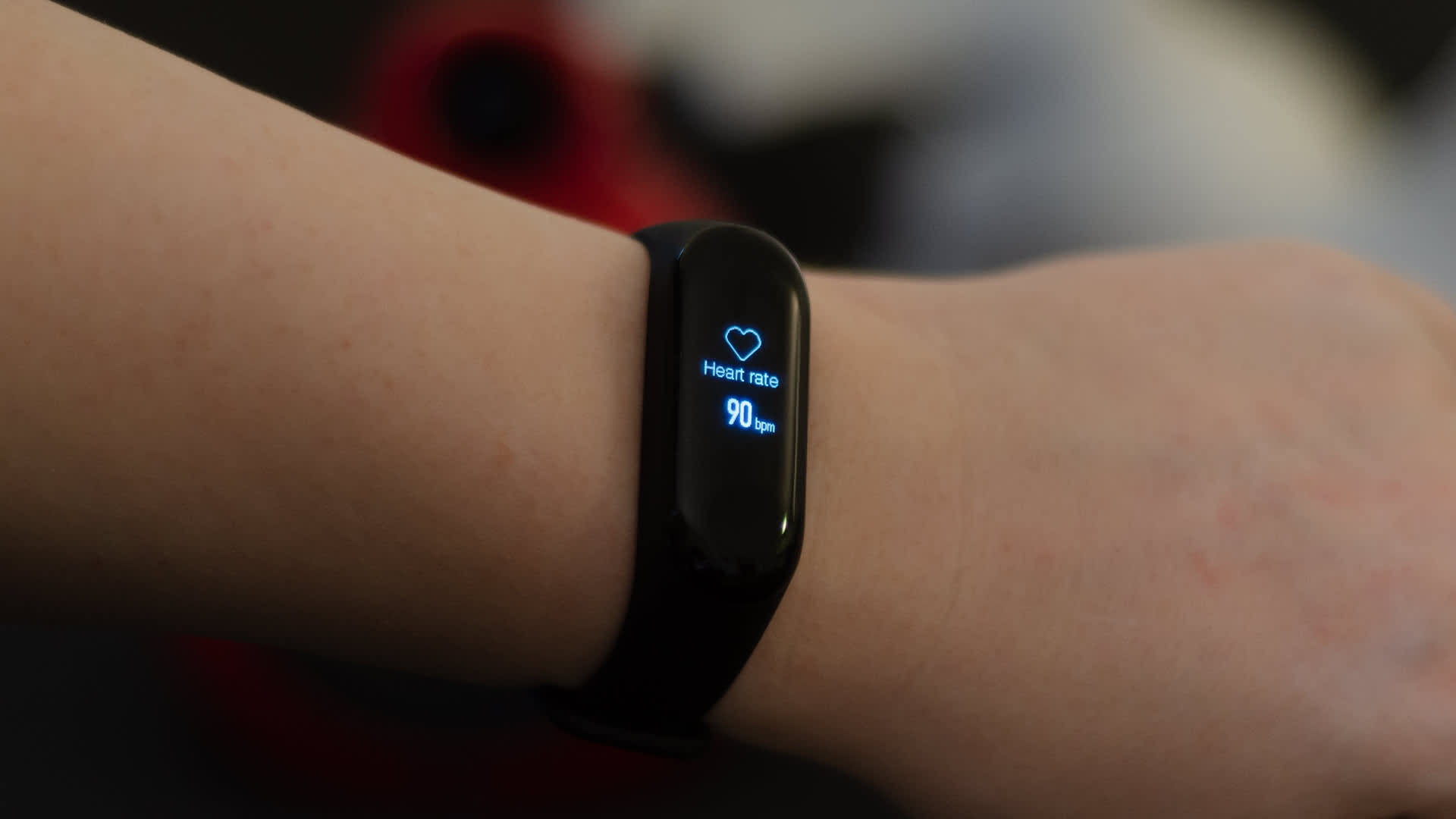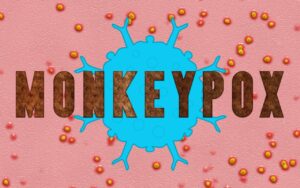Why Does a Fast Heart Beat Without Reason – When your heart starts racing out of the blue, it can be a rather unsettling experience. That sudden surge in heartbeat, known as tachycardia, can leave you feeling anxious and concerned. In this article, we will delve into the intriguing phenomenon of why a fast heart beat can occur without any apparent reason, exploring both the physiological and psychological aspects behind it.
Understanding Tachycardia
Tachycardia, characterized by a heart rate exceeding 100 beats per minute, can occur without any evident cause. It’s important to differentiate between normal physiological responses like exercise-induced tachycardia and the unexplained occurrences that we’re focusing on here.
The Role of Stress and Anxiety
One of the leading culprits behind an inexplicable increase in heart rate is stress and anxiety. The body’s “fight or flight” response triggers the release of stress hormones, causing the heart to beat faster. Even when there’s no immediate danger, chronic stress and anxiety can lead to persistent tachycardia.
Dehydration and Caffeine
Dehydration and excessive caffeine intake can play a significant role in heart rate irregularities. Dehydration leads to decreased blood volume, requiring the heart to work harder to maintain circulation. Similarly, excessive caffeine can stimulate the heart, resulting in rapid beating.
Imbalance in Electrolytes
Electrolytes are essential for maintaining proper heart function. An imbalance in these minerals, such as potassium, sodium, and calcium, can disrupt the heart’s electrical impulses, leading to tachycardia.
Thyroid Dysfunction
The thyroid gland regulates metabolism and can influence heart rate. An overactive thyroid (hyperthyroidism) can cause the heart to race unexpectedly.
Medication Side Effects
Certain medications, such as decongestants, asthma inhalers, and some over-the-counter cold remedies, contain stimulants that can lead to a rapid heart rate. It’s crucial to read medication labels and consult a healthcare professional if you notice such side effects.
Underlying Medical Conditions
Various medical conditions like heart disease, arrhythmias, and even some respiratory problems can contribute to unexplained tachycardia. Regular medical check-ups are essential for identifying and managing these issues.
Genetics and Family History
Genetics also play a role in heart health. If you have a family history of heart problems or tachycardia, you might be at a higher risk of experiencing a fast heart rate without reason.
Sleep Disruptions
Poor sleep quality and insufficient sleep can lead to an increase in stress hormones, triggering tachycardia. Sleep apnea, a disorder where breathing is repeatedly interrupted during sleep, can also contribute to heart rate irregularities.
Hormonal Changes
Fluctuations in hormones, such as during menstruation, pregnancy, or menopause, can affect heart rate. These hormonal shifts can lead to sporadic tachycardia episodes.
Lifestyle Factors
Unhealthy lifestyle choices like excessive alcohol consumption and smoking can contribute to heart rate irregularities. Adopting a healthier lifestyle can positively impact heart health.
Nervous System Imbalance
An imbalance in the autonomic nervous system, responsible for regulating involuntary bodily functions, can lead to unpredictable changes in heart rate.
Psychological Triggers
Emotional triggers, such as panic attacks or intense excitement, can result in a sudden spike in heart rate. These triggers activate the sympathetic nervous system, causing the heart to race.
Lack of Physical Activity
A sedentary lifestyle can weaken the heart over time, making it more susceptible to sudden increases in heart rate.
When to Seek Medical Attention
While occasional episodes of tachycardia might not be a cause for concern, persistent and severe symptoms warrant medical attention. A healthcare professional can determine the underlying cause and recommend appropriate treatment.
Conclusion
In the intricate web of the human body, a fast heart beat without reason can be attributed to a multitude of factors, from stress and lifestyle choices to underlying medical conditions. Recognizing these factors and taking proactive steps towards a healthier lifestyle and stress management can significantly contribute to maintaining a steady and healthy heart rate.
FAQs
Q1: Can caffeine really lead to heart palpitations?
A1: Yes, excessive caffeine intake can stimulate the heart and cause palpitations or a fast heart rate.
Q2: How can I differentiate between a normal fast heart rate and a concerning one?
A2: If your heart rate is consistently above 100 beats per minute without any apparent cause, it’s advisable to consult a healthcare professional.
Q3: Are there any natural remedies to manage tachycardia?
A3: Practices like deep breathing, meditation, and regular exercise can help manage stress and contribute to a healthier heart rate.
Q4: Is tachycardia a life-threatening condition?
A4: Not always. While tachycardia can be a symptom of underlying issues, it’s not necessarily life-threatening. However, it’s essential to address the cause.
Q5: Can children experience unexplained tachycardia?
A5: Yes, children can also experience tachycardia due to stress, anxiety, or medical conditions. If you’re concerned, consult a pediatrician.




